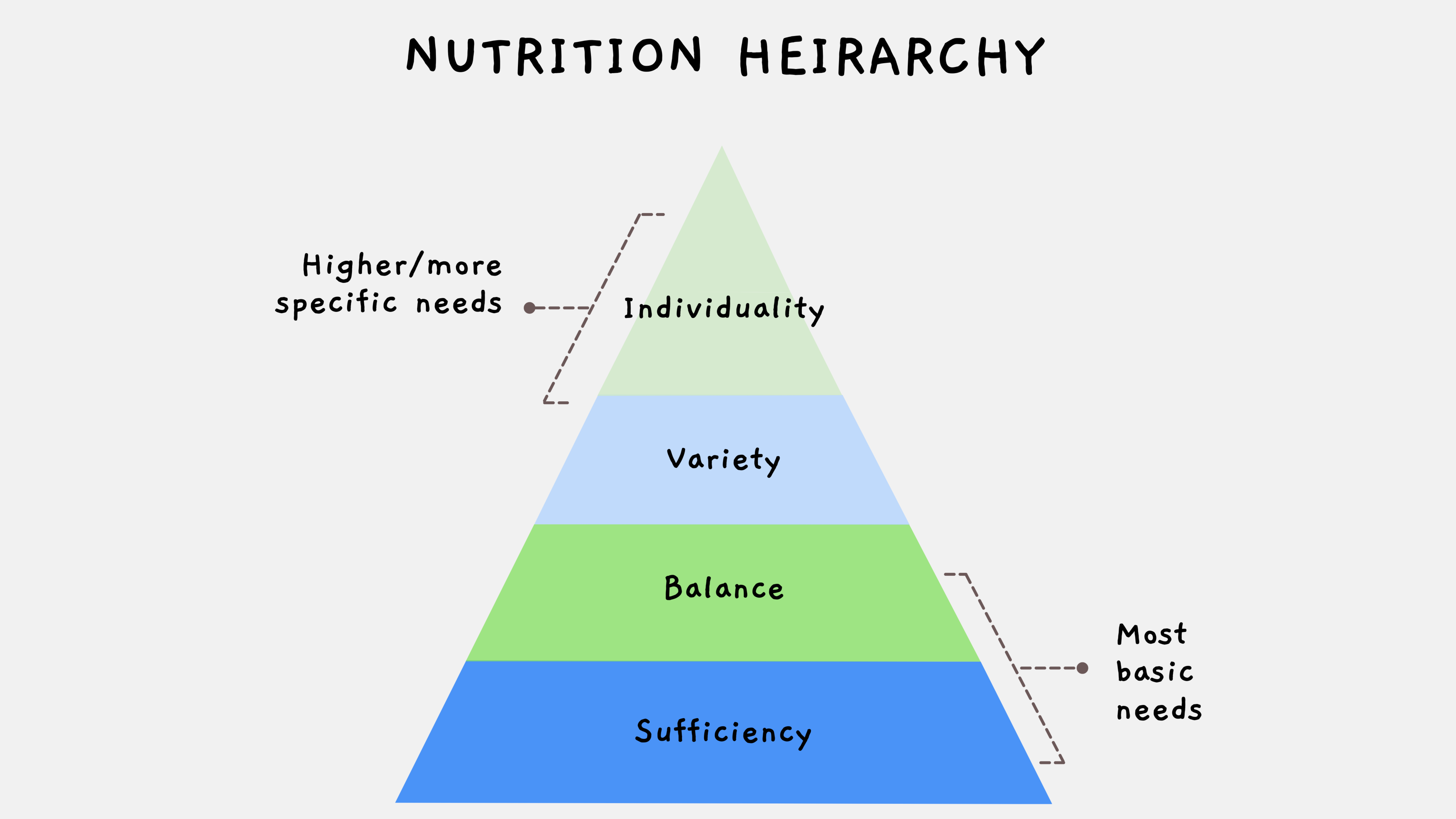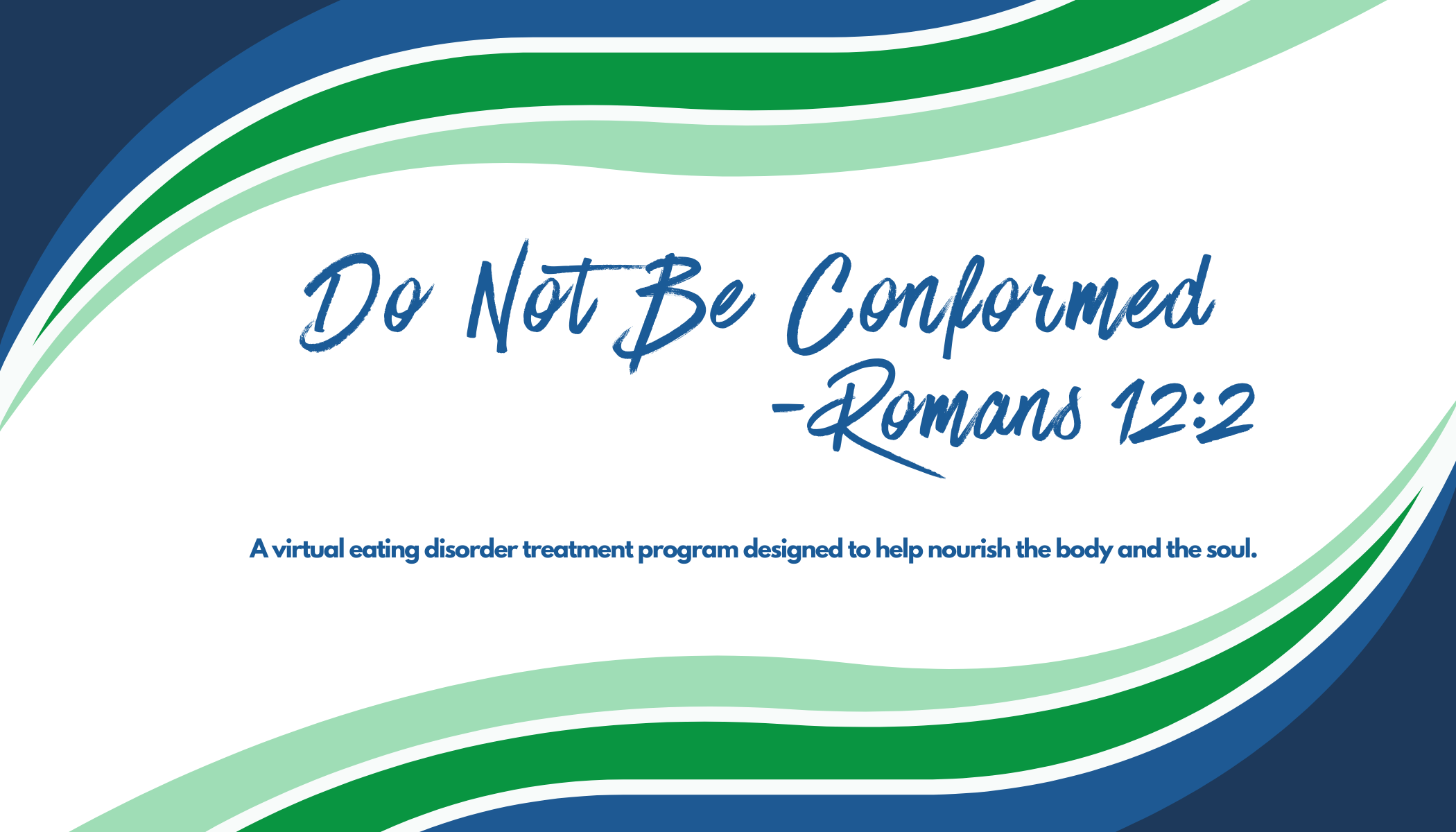Our Mission
Manna Scholarship Fund is a 501c(3) non-profit organization dedicated to providing hope and financial assistance to individuals who need scholarships to obtain the mental health treatment you need. We specialize in resolving the underlying trauma that often emerges in eating disorders, PTSD, Adolescent Mental Health, and other individual and family-based needs.
What we offer
Manna Treatment, a program under the Manna Scholarship Fund umbrella, is an Atlanta-based treatment program that provides Outpatient level of care. As we move into 2026, Manna will be transitioning to doing Outpatient therapy only, with a focus on individual, family and outpatient group therapy. This shift allows us to continue providing consistent, high-quality care as we adapt to changes within the healthcare landscape. We will still support most types of clients and retain our specialties in eating disorders, trauma-related issues, and other mental health issues. Although we specialize in addressing the underlying Pain & Trauma Issues that underly Eating Disorders, Self-Injury, and other unhealthy coping behaviors, we also provide treatment for most other issues:
- Trauma/PTSD
- Adolescent Mental Health
- Anxiety
- Depression
- Family of Origin Issues
- Mood Disorders
- Psychiatric Evaluations
- Medication Management

Our Comprehensive Services
Outpatient Program (OP)
Manna Treatment provides outpatient treatment for most issues. We provide counseling for the following ages: children 6 and up, adolescents, and adults. We have outpatient therapists that provide counseling from a myriad of perspectives. We provide individual, family, and group therapy.
Manna's Spiritual Foundation
Manna's staff embraces Christianity as our core team foundation. Like Jesus, we encourage individuals who have differing faiths to participate in our programs. We do not force our Christian beliefs on anyone nor do we require clients to hold the same beliefs. We believe that our faith creates a peaceful environment, thus giving you a different treatment process. Our primary goal with everyone is to help you heal from pain.
We are all about love, acceptance, and safety in recovery.

J.S
I completed the program last week. I just want to thank you from the bottom of my heart for starting Manna. Manna has changed my life. I was so far from even wanting a relationship with God again because of things that happened to me and now I realize how important my faith is in my healing journey. Thank you also for the great staff you have. They have all played a huge part in my recovery, and I’m thankful that I can continue seeing Dr. Lou and Kelsey."

L.W
"It’s been a blessing finding Manna, not only that but the programs that they provide are incredible. I was in the Trauma Program, and I cannot tell you enough how much growth I’ve had. Every group in each program will teach you something. It’s an emotional journey and each and every therapist is so supportive and caring. You’ll truly feel that the light to your tunnel is getting closer. One very important thing that you have to know is that what YOU give is what YOU will receive. Healing may feel hard, but you can do had things!"

D.D
"As the parent of a child with an eating disorder, one of the most notable elements of our Manna experience was the implementation of the Parent and Family IOP program…an intensive outpatient program specifically geared towards helping the parents and family members of Manna clients cope with their child’s eating disorder and guide them on how to best support them through their eating disorder and towards recovery.
 Join us in making a difference today |
Join us in making a difference today |
We invite you today to participate and support Manna Scholarship Fund as we continue to provide therapeutic services and scholarship funds for those in need. Through your kindness today, we can make an impact in our community.
Nourish hope, mend the heart, Your donation plays a part. In the battle, strong and tough, Every gift, a leap enough.
 Become a partner |
Become a partner |
Manna Fund strives to place our recipients in qualified treatment programs, and will continue to work with many of the programs listed as a part of the REDC. They have created standards for residential care, and Manna Fund also has a "credentialing process" by which we incorporate new treatment facilities into our network.
We are also incorporating a yearly re-credentialing process for each treatment center in order to ensure up-to-date information.
Find Us:
Manna Fund, Inc -
3305 Breckinridge Blvd #116,
Duluth, GA 30096
If you have questions, please feel free to contact us at our office number: (770) 495-9775
Our admin team will be able to answer your questions as soon as possible. It is also necessary to call and cancel appointments per the usual 48-hour cancellation policy. Again, because we are attempting to prevent issues by moving to virtual therapy sessions, we anticipate that you will be more inclined to keep your scheduled appointment.
Feel free to also: EMAIL US


























 Manna Scholarship Fund is a CARF-accredited organization. The
Manna Scholarship Fund is a CARF-accredited organization. The 